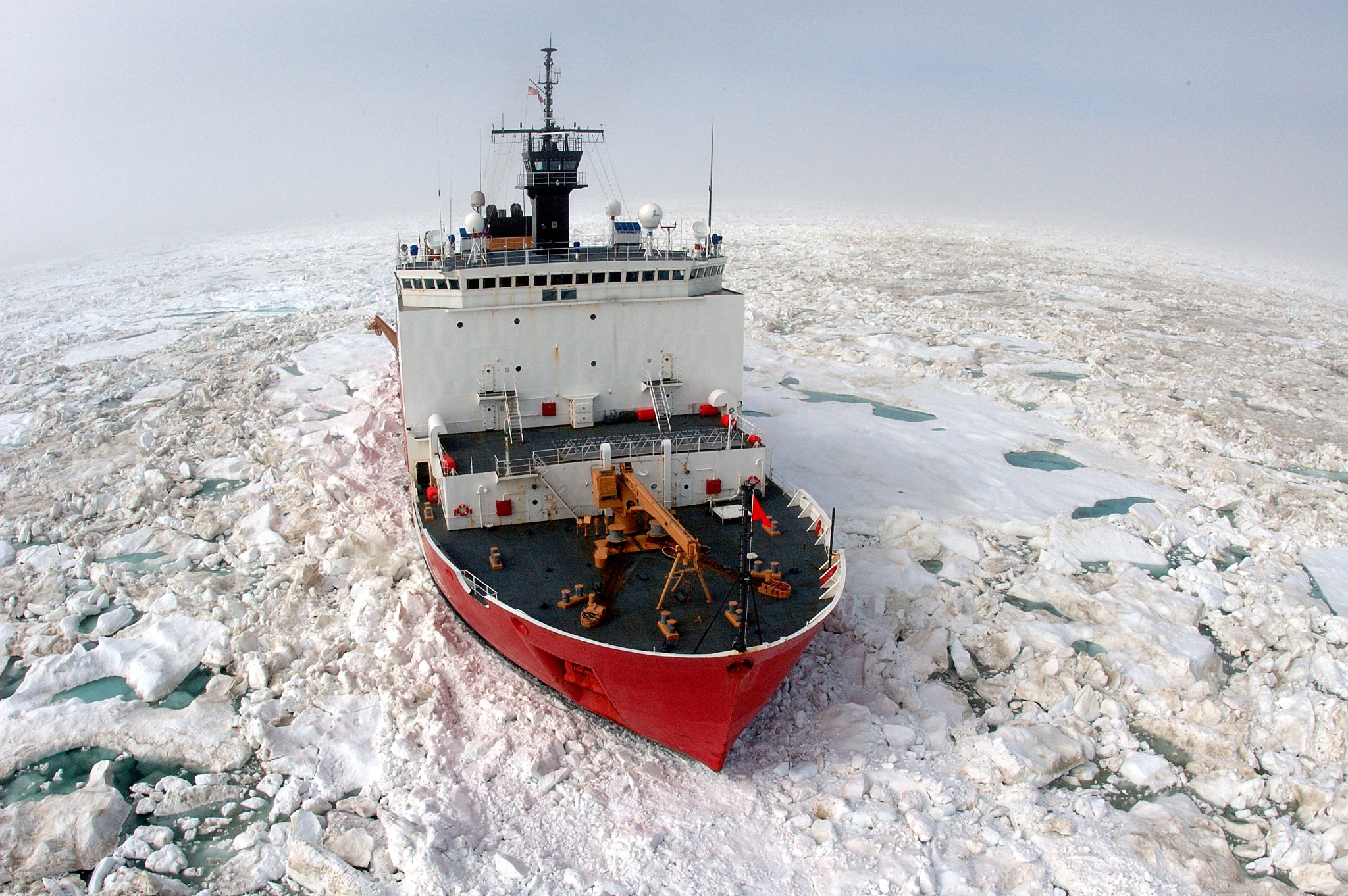
EVENT RECAP: Regional Solutions to Global Problems: Climate Security in Alaska
On December 15th, the American Security Project and Alaskan Municipal League held a virtual discussion on the risks climate change poses to Alaska. ASP President Brigadier General Stephen Cheney, USMC (Ret) spoke with Executive Director of the Alaskan Municipal League Nils Andreassen about the impacts climate change is having in Alaska, the ramifications it has on U.S. national security, and potential regional solutions.
Gen. Cheney began the conversation with a brief overview of ASP’s structure and how climate security broadly affects national security. Gen. Cheney then discussed the specific national security implications of climate change in the Arctic, stating:
“Perhaps one of the most critical national security implications from a warming Arctic is the opening of new trade routes and the increasing accessibility of previously inaccessible resources.”
Gen. Cheney expanded on this statement by discussing China’s “Polar Silk Road” and dominance in renewable energy, as well as the deepening economic partnership between China and Russia in the Arctic. Gen. Cheney then shifted his discussion to how Alaska can mitigate some of these risks by incorporating similar strategies to that of the Florida Regional Planning Council. Gen. Cheney stated that the Alaskan Municipal League can act as the unified voice of Alaska’s local communities to work with state and federal resources and implement regional climate change solutions.
The conversation shifted into a Q&A segment, with Nils Andreassen fielding questions for Gen. Cheney. This portion of the conversation focused on the political challenges in trying to get sustained federal support for enhancing climate resiliency in Alaska and the importance of aligning national security goals with the needs of local Alaskan communities. They also discussed three major issues associated with Alaska: sovereignty, security and safety. They ended the conversation by emphasizing the importance of expanding renewable energy generation in Alaska and implementing regional climate change solutions.





